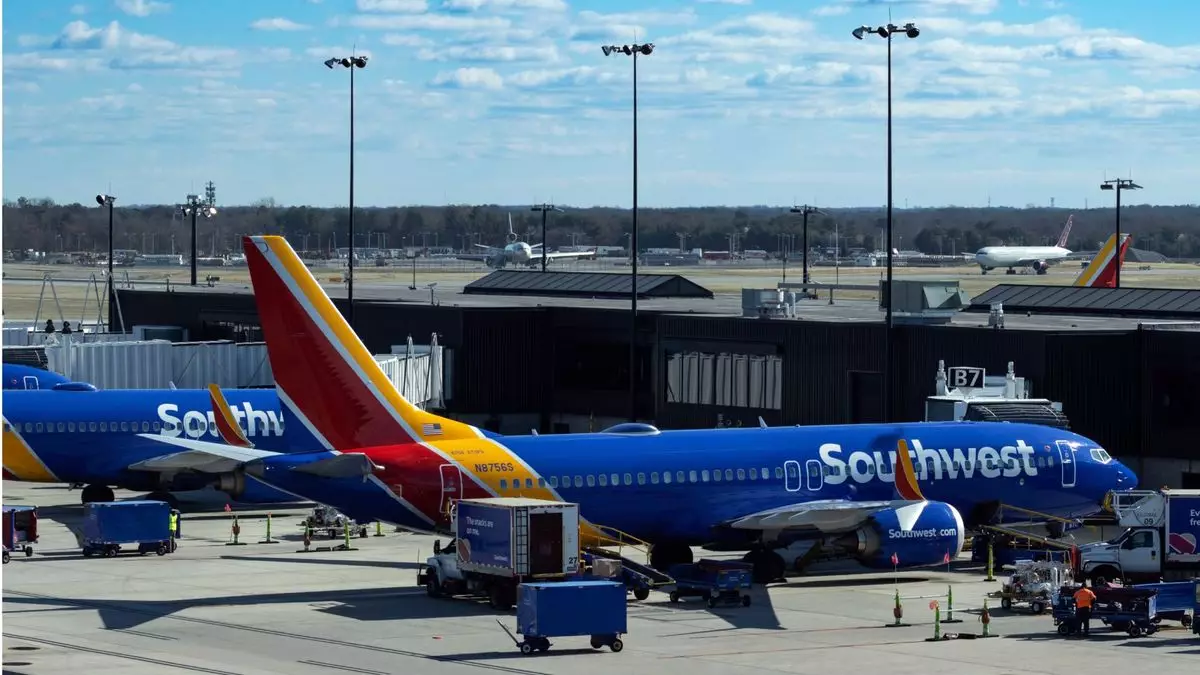Southwest Airlines, a company known for its common-sense approach to air travel, recently announced significant changes to its seating policy. The decision to introduce assigned seating and premium seating options marks a departure from the airline’s longstanding tradition of open seating. This move is aimed at appealing to a broader range of consumers, as market research revealed that 80% of Southwest customers prefer assigned seats. While these changes may bring in additional revenue, they also present certain risks to Southwest’s established brand identity.
Southwest Airlines has built a strong customer-centric brand over its 50-year history, characterized by choice, flexibility, and a laid-back customer experience. The decision to move away from open seating, a key feature of its brand, could potentially dilute its unique identity. Customers have long associated Southwest with a casual and fun atmosphere, and the introduction of premium seating may disrupt this perception. The challenge for Southwest lies in maintaining its core values of true hospitality while adapting to a more modern airline model.
With competitors offering elevated digital experiences and premium services, Southwest will need to find a way to differentiate itself in a crowded market. The shift to assigned seating and premium seats may help the airline attract a new segment of customers but risks alienating its existing customer base. The airline must strike a delicate balance between modernizing its offerings and preserving the elements that have made it successful.
Despite the potential pitfalls, Southwest has an opportunity to enhance its brand and customer experience through these changes. By emphasizing digital innovation and maintaining its unique company culture, Southwest can stay true to its roots while evolving to meet changing consumer preferences. The airline’s decision to focus on extra legroom and simplicity in its premium seating product aligns with its history of providing value to customers.
Southwest’s renowned company culture, characterized by friendly and helpful staff, has been a key differentiator in the airline industry. As other airlines focus on technology and luxury amenities, Southwest can leverage its human touch to stand out. By delivering exceptional service and maintaining its casual vibe, Southwest can appeal to customers looking for a more personalized travel experience.
As Southwest Airlines embarks on this transformation, it must navigate the challenges of rebranding while staying true to its values. By embracing digital innovation, enhancing its company culture, and focusing on customer experience, Southwest can position itself for long-term success in a competitive market. The introduction of assigned seating and premium options represents a bold move for the airline, one that comes with both risks and opportunities. It remains to be seen how customers will respond to these changes and what impact they will have on Southwest’s brand reputation.

